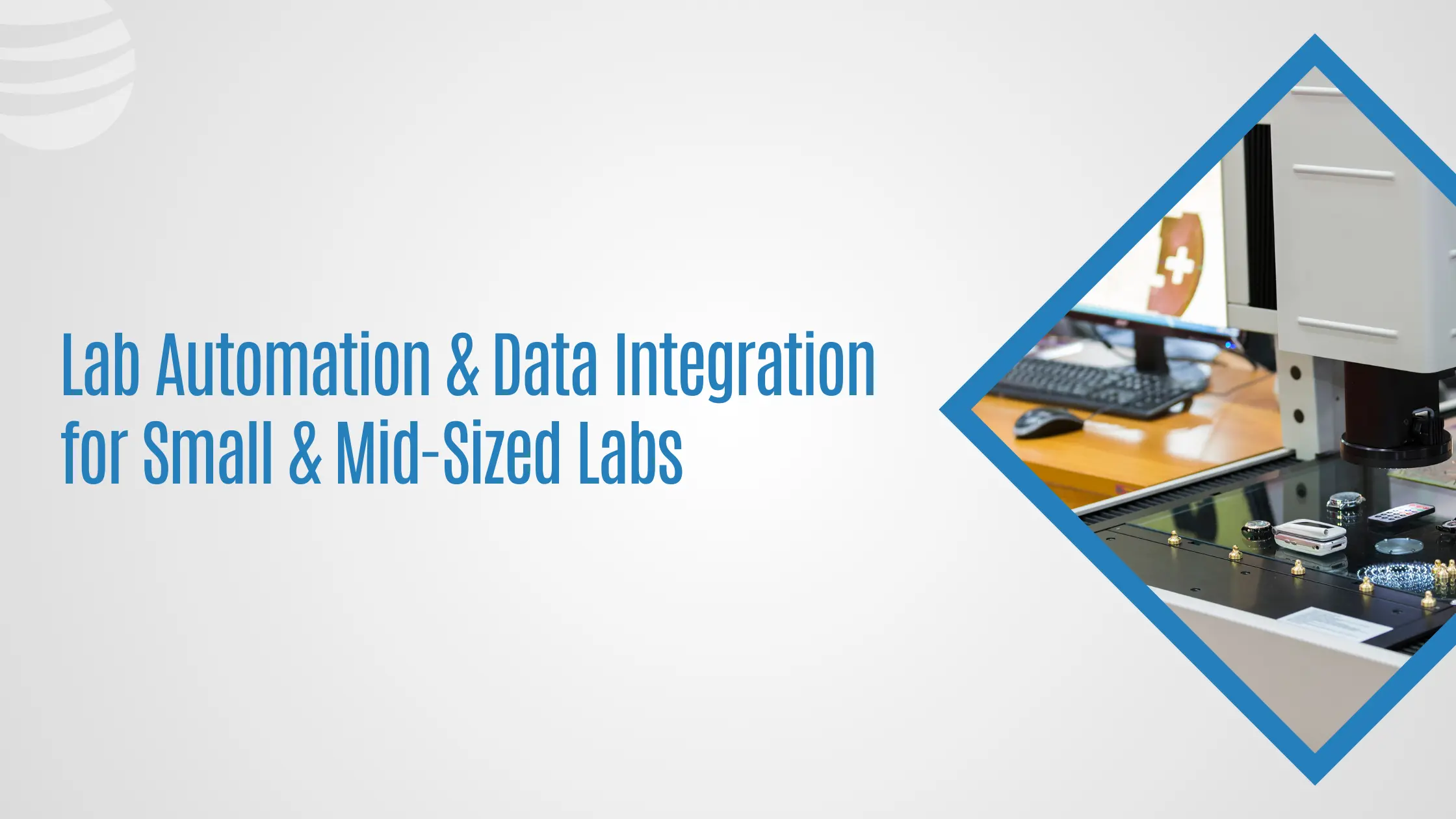The Integral Role of LIS in Laboratory Data Analytics
Understanding Laboratory Data Analytics
Importance of Laboratory Data Analytics
What is a Laboratory Information System (LIS)?
Benefits of Utilizing LIS in Laboratory Data Analytics
Enhanced Accuracy: LIS reduces manual errors, ensuring accurate results and diagnoses.
Efficient Workflow: Streamlined processes lead to quicker turnaround times for test results.
Compliance and Quality: LIS ensures adherence to regulatory standards and maintains the quality of laboratory services.
Data Security: Robust security measures safeguard sensitive patient information, maintaining confidentiality.
FAQs about Laboratory Data Analytics and LIS





